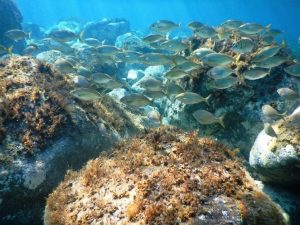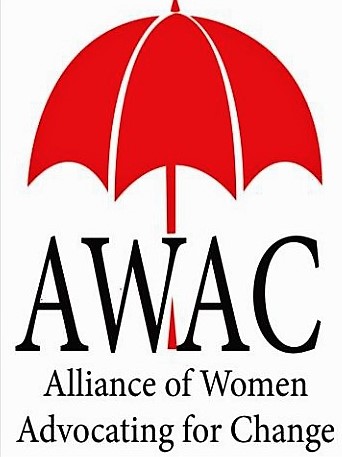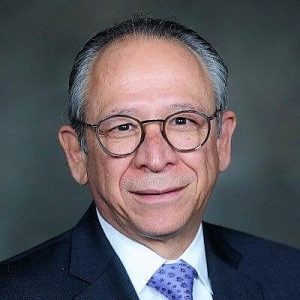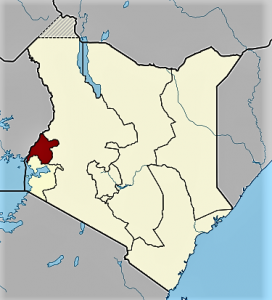Find here the first of a couple of not yet anywhere published documents by the Alliance of Women Advocating for Change (AWAC) partner organization. AWAC is an umbrella network of grass root female sex worker led organizations in cutting across the 6 regions of Uganda. It was established in 2015 by female sex workers (FSWs) to advance health rights, human rights, socio-economic rights and social protection for FSWs and other marginalized women and girls including their children in Uganda. Geographical focus areas encompass: slum areas, islands, landing sites, transit routes, mining, quarrying, plantations, road construction sites and border areas in Uganda
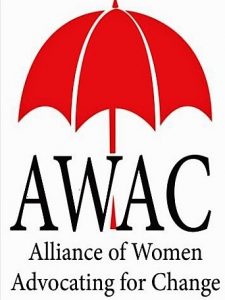
Decriminalizing Sex Work and Enhancing Equitable Access to Health, Justice and Social Protection by Female Sex Workers in Uganda
Download the document here
http://www.peah.it/wp-content/uploads/2021/07/Advocacy-brief-on-Decriminalization-of-Sex-work-in-Uganda.pdf
PEAH is pleased to publish the Advocacy brief “Decriminalizing Sex Work and Enhancing Equitable Access to Health, Justice and Social Protection by Female Sex Workers in Uganda” as a work by AWAC-Uganda not published anywhere before.
An estimated 130,359 Female Sex workers (FSWs) in Uganda operate in a criminalized environment. This environment has not only compromised FSWs’ access to Health, Justice and Social Protection but also exposed them to a disproportionate burden of gender inequalities, HIV infection, stigma, discrimination and systemic exclusion, GBV, mental health problems and other life threatening challenges.
The advocacy brief presents how the laws which criminalize sex work push FSWs into the grip of abuse, systemic marginalization and compounding vulnerabilities and as such compromise equitable access to Health, Justice and Social Protection by FSWs by pushing in Uganda. This brief also highlights strategic asks in a call to decriminalize sex work and enhance equitable access to Health, Justice and Social Protection by Female sex workers in Uganda.
This advocacy brief seeks to amplify the call to decriminalize sex work and to enhance equitable access to health, justice and Social Protection by Female Sex workers in Uganda.
————————————————————————–
Brief History about AWAC
The Alliance of Women Advocating for Change (AWAC) is an umbrella network of grass-root female sex worker led-organizations in Uganda. Established in 2015 by the champions of the female sex worker movement to promote meaningful involvement and collective organizing of rural & peri-urban Female Sex Workers (FSWs) – including FSWs living with HIV/AIDS, using/injecting drugs, chidren of sex workers and adolescent girls & young women (AGYWs) operating in high risk areas. Such areas are; slum areas, landing sites, transit routes, mining, quarrying and boarder areas to strengthen a unified, vibrant, national, and sustainable FSW led movement Uganda.
AWAC is registered with the NGO Board under Reg. No. INDR140811523NB and was also granted her permit to operate countrywide as an NGO under File No. MIA/NB/2018/10/1523.
AWAC areas of implementation include; Kampala, Wakiso, Mukono, Busia, Tororo, Kabale, Isingiro, Kyotera, Masaka, Rakai, Lyantonde, Mbarara, Kasese, Kabarole, Kyegegwa, Kamwenge, Kyegegwa, Bundibugyo, Mbale, Jinja, Arua, Yumbe, Hoima, Gulu, Nakasongola, Kiryandongo, Masindi, of Kiryandongo, Lira, Arua, Kitgum, Pader, Amuria, Kaberamaido, Moroto, Soroti, Kotido, Nepak, Luwero, Kabongo, Napiripiti, Mityana, Buikwe, Iganga, Bugiri, Namayingo and Kalangala.
AWAC’s Vision statement: “A supportive policy and social environment that enables rural & peri-urban based grassroots FSWs to live free from human rights abuse in order to live healthy and productive lives in Uganda.”
AWAC’s Mission statement: “To strengthen a unified, vibrant, national, and sustainable female sex workers (FSWs) movement to advocate for an enabling environment and access to comprehensive sexual health rights, social and economic services for rural & peri-urban based grassroots FSWs in Uganda.”
AWAC’s Objectives: 1. To strengthen advocacy for improving access to universal health care services among female sex workers in Uganda 2. To expand advocacy and social mobilization for sex workers’ human rights and acceleration of sustainable development goals in Uganda 3. To strengthen the economic empowerment and resilience of female sex workers in Uganda 4. To strengthen feminist movement building of female sex workers to confront their own challenges in Uganda 5. To strengthen the institutional capacity of AWAC to effectively deliver her strategic plan and mandate in Uganda.


